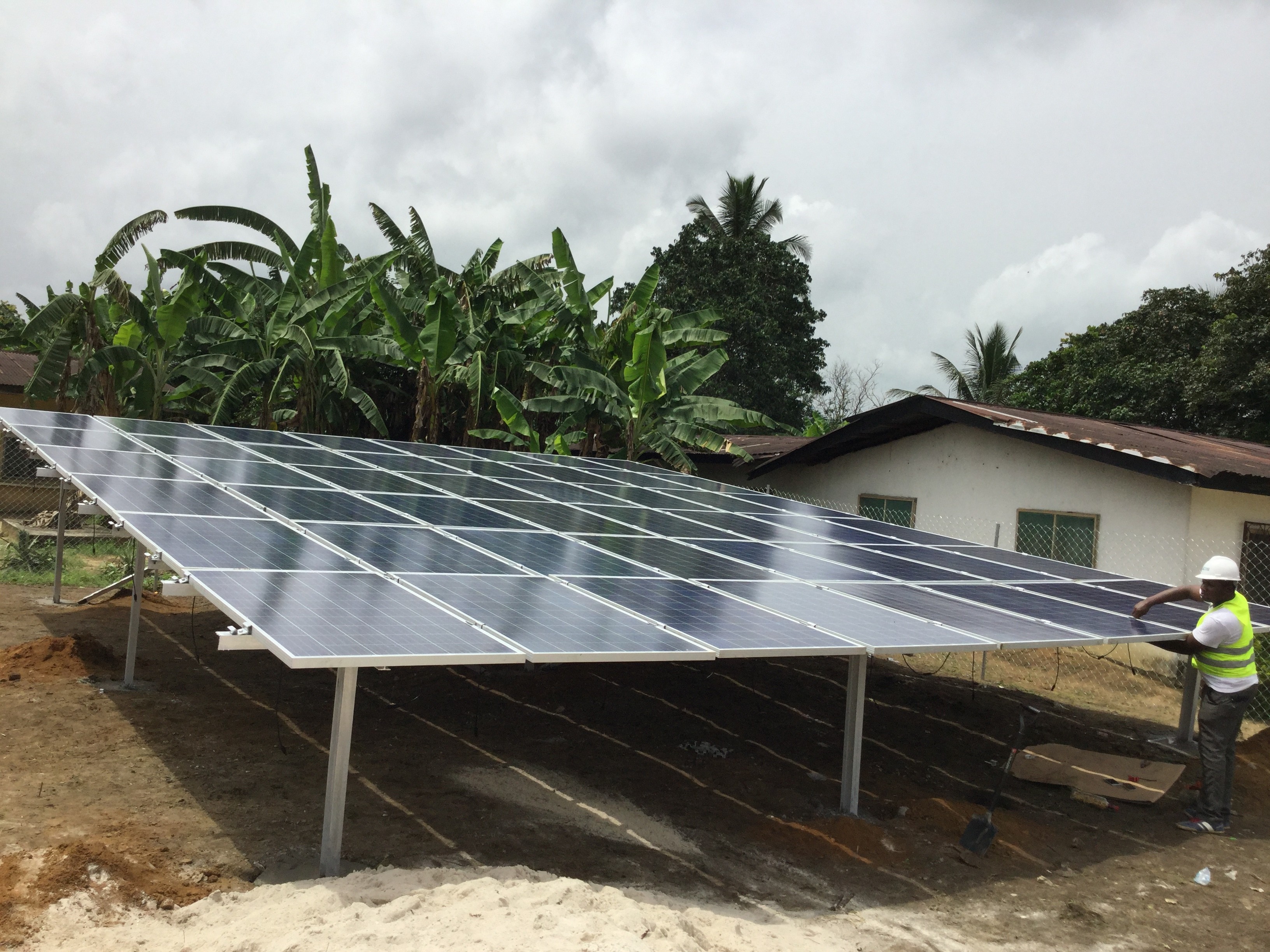Five mini-grid developers have been selected as part of a pilot programme to test and measure innovative financing mechanisms that can help scale electrification of health clinics across sub-Saharan Africa.
Having invited applications to the programme in March, 25 applications were received and evaluated against five criteria:
(1) prior experience implementing and maintaining similar projects
(2) ability to complete sites within 3-10 months of receiving capital
(3) ability to obtain greater than 50% of project funds from other sources
(4) compellingness of the proposed financial mechanisms to address the long-term sustainability challenge of health electrification projects and a convincing argument for how such a mechanism could scale
The five selected developers are:
| Developer | HQ | Project | Financing Mechanism |
| ARESS Sarl | Benin | 15 rural private hospitals in Benin | Service model |
| Havenhill Synergy Ltd | Nigeria | 15 health clinics in Oyo State, Nigeria | Guarantee Facility |
| WindGen Power USA Inc. (PowerGen), | US | one private peri-urban hospital in Kubwa, Abuja, Nigeria | Guarantee Facility |
| Zhyphen | UK | one private health centre in Naissa province Mozambique | Service model |
| Nuru S.A.R.L | US | 4 hospitals and community health centres in Tadu and Faradje in DRC | Results based financing |
As mini-grid companies, development finance institutions, health organisations, and non-profits announce initiatives to support the electrification of health facilities in the wake of COVID-19, a key challenge remains to strike a balance between rapid deployment and the long-term sustainability of emergency responses.
This programme has been developed with Odyssey’s Powering Health Platform, supported by Rockefeller Foundation and co-funded with UK aid from the UK government, and aims to identify, establish and communicate best practices and data regarding which types of concessionary finance are best suited to ensure the long-term sustainability of health electrification projects.
Odyssey is using its data platform to collect granular data across the lifecycle of the projects to provide insights on the technical performance and business model of these health electrification projects.
Early data and insights will be shared with a small group of donors focused on the energy/health nexus later this year to enable alignment and improve efficiencies in the sector, with a final post-project report due in 2022.

